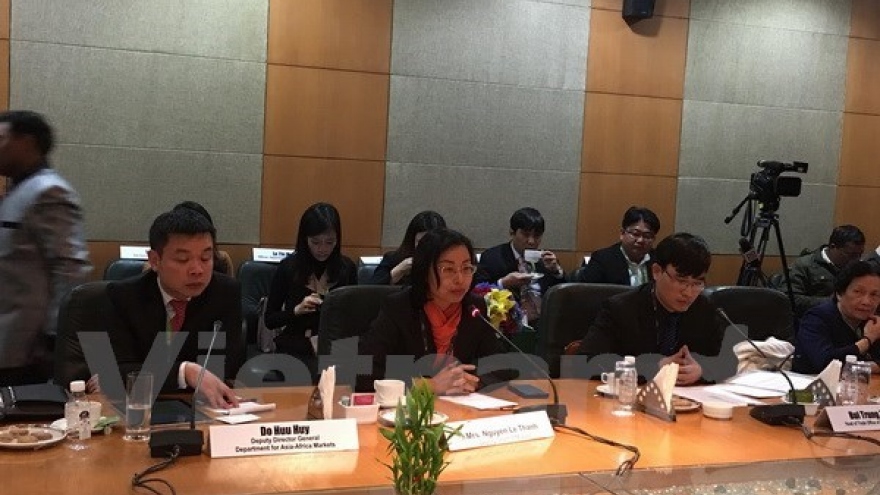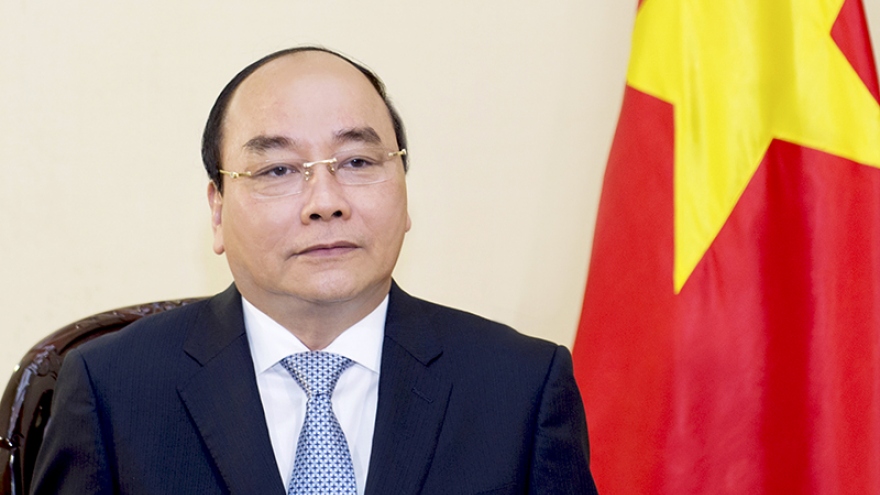PM’s visit to India helps foster political trust
Prime Minister Nguyen Xuan Phuc’s India visit to attend the ASEAN-India Commemorative Summit and the 69th anniversary of the Republic Day of India from January 24-26 will boost bilateral cooperation and political trust.
 |
| Vietnamese Ambassador to India Ton Sinh Thanh (R) grants an interview to VNA reporter |
Regarding ASEAN-India relations, Thanh said that since the two sides established their dialogue relationship 25 years ago, the ties have expanded in numerous aspects, ranging from politics, diplomacy, security to economics, culture and social affairs.
The two sides started holding annual summits in 2002 and upgraded their ties to a strategic dialogue partnership in 2012.
In terms of politics-security, India has participated in various ASEAN-led mechanisms such as the ASEAN Post Ministerial Conference with dialogue partners, ASEAN Regional Forum, East Asia Summit and ASEAN Defence Ministers’ Meeting Plus.
In economics, ASEAN and India signed an Agreement on Trade in Goods in 2009 and another Trade in Services and Investment Agreement in 2014. Two-way trade rose from US$2.9 billion in 1993 to US$76 billion in 2017. Last year, ASEAN invested US$70 billion in India, and received US$40 billion worth of investment from the country.
India ranks fourth in terms of the number of tourists to ASEAN with more than 3 million Indians visiting the bloc’s countries every year, Thanh said.
He noted that ASEAN plays an important role in India’s Act East policy which aims to intensify the country’s involvement in issues in ASEAN and Asia-Pacific.
India’s invitation to leaders of the 10 ASEAN member states to attend the 69th anniversary of the Republic Day for the first time reflects the increasingly important position of ASEAN in India’s foreign policy.
The diplomat stressed that Vietnam-India relations hold a leading position in ASEAN-India ties.
Vietnam has performed its role as a coordinator for ASEAN-India relations well during 2015-2018, encouraging both sides to complete cooperative programmes in politics, security, economic and socio-culture, he added.



